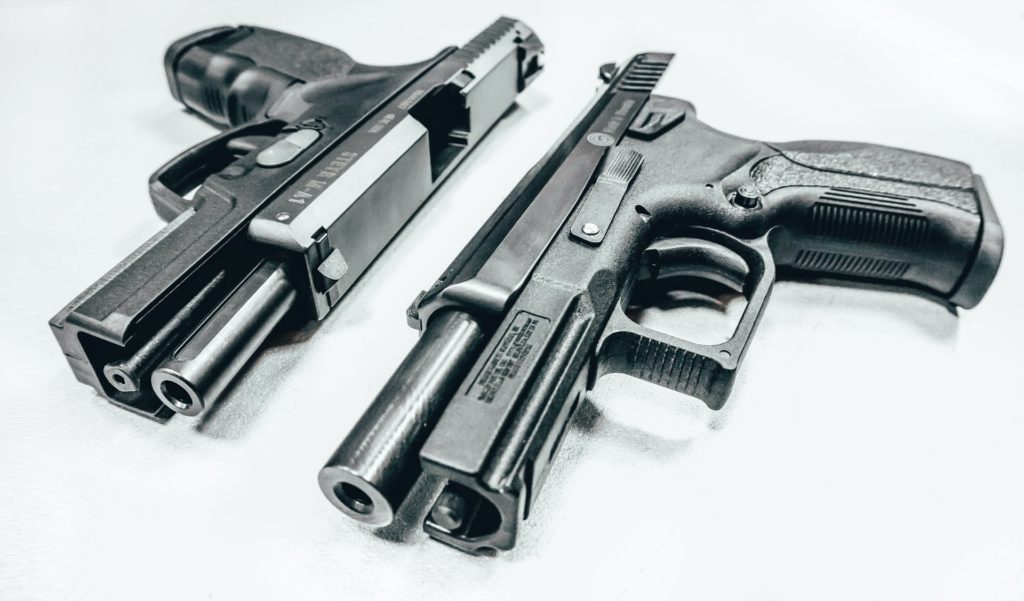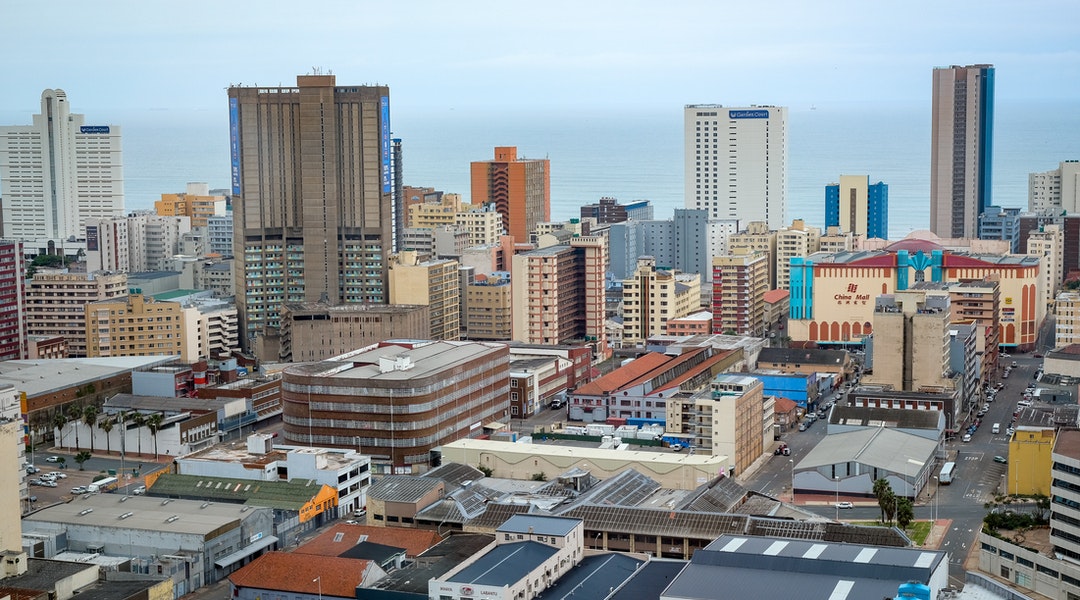Moving from Uganda to South Africa, be it for work or to live there permanently, is exciting.
The East and Southern parts of Africa are quite different in landscape and culture. Therefore, moving from Uganda to South Africa, in itself, is a whole new adventure.
In contrast to other nations, did you know that South Africa has three capital cities: Cape Town (the legislative capital), Pretoria (the administrative capital), and Bloemfontein (the judicial capital)? After a contentious discussion concerning the location of the nation’s capital in the 1900s, an agreement to create a power balance across the country led to the current capital cities.
South Africa’s culture is also one of the most diverse in the world, earning it the nickname “rainbow nation.” This is due to the country’s unique cultures, some of which are well-known, such as the Khoikhoi and San cultures, as well as the Zulu, Ndebele, Xhosa, and Sotho cultures. These cultures coexist to give the country its distinct international identity.

Because of the various cultures, the country is naturally multilingual and has eleven official languages! These languages are Ndebele, Pedi, Sotho, Swati, Tsonga, Tswana, Venda, Xhosa, Zulu, Afrikaans, and English.
In addition to these characteristics, South Africa is well-known for one of its most famous citizens, Nelson Mandela. Mandela successfully led the resistance against South Africa’s apartheid policy in the twentieth century, during which he was famously imprisoned at Robben Island Prison.
Since 1994, there have been significant political and economic ties between South Africa and Uganda. Both countries’ heads of state have travelled to one another’s nations, highlighting their diplomatic efforts.
That said, if you find yourself moving from Uganda to South Africa, here are some pointers to help you make the transition successfully and smoothly:
1. General rules for moving to South Africa with household items
It is possible to relocate your household items from Uganda to South Africa, but certain conditions have to be met.
For instance, for you to import your household goods duty-free, you must have owned and used them for at least 12 months. Additionally, these items should not be resold before the lapse of 6 months after importation into the country.
Works of art that are part of a bona fide household shipment or are over 100 years old are also exempt from paying duty.

Household items that do not meet the said requirements, such as the shipment of new furniture, presents, souvenirs and precious metal objects, are treated as commercial imports and are subject to the payment of duties.
South African customs require the owner of the goods to be present for them to be cleared for importation to the country. Furthermore, you must possess the required documents for customs clearance and have forwarded copies of the documents to your agent before importation.
In general, unless you fall under a special category of persons moving to South Africa, customs will require you to present the following documents for your household items to be allowed into the country:
- Your original passport (including page with entry stamp)
- Original bill of lading (OBL) / express or telex release / (copy of) air waybill (AWB)
- A detailed inventory
- Permanent residence documents / temporary residence permit/work permit
2. Returning Citizens relocating back with household items
The same rules apply to South African citizens moving back with household goods. However, they must have lived outside South Africa for a consecutive period of 6 months.
For returning citizens to be exempt from paying duty on their household goods, they must present an affidavit stating the reason for arrival in South Africa.
3. Diplomats can import household items duty-free
Diplomats moving from Uganda to South Africa can also import household items duty-free. Nonetheless, for this to be possible, they must present the following documents to customs:
- Diplomatic clearance
- Certificate from Embassy signed by South African Department of Foreign Affairs
Before diplomats can apply for a certificate to import household items duty-free, they are required by the Embassy to provide either a copy of detailed inventory or a copy of the Original Bill of Landing (OBL)/Air Waybill (AWB).
4. Moving with your car from Uganda to South Africa
Bringing your car with you to South Africa from Uganda is feasible, though, certain conditions have to be met first.
Here are a few things to have in mind when shipping your car to South Africa:
- Motorized cars shouldn’t be sent unless the transferee can show Customs that they have all necessary paperwork and that they have formal import authorization.
- Until the destination agency receives the “green light,” the origin agent cannot send your vehicle(s). Customs clearance fees apply if the shipment is sent before getting the “all clear” from the destination agent.
- To prevent a delay in customs clearance, the agent must get a faxed copy of the letter of authority and the import permit.
You may need to stay in South Africa for a specific number of days before the arrival of your car, depending on how you intend to import it.
For instance, you must be present in the nation at least 10 working days before the delivery of your automobile if it is being shipped by ocean. The owner of the items must be present for air shipments before the shipment to complete the Customs paperwork.

Your car cannot be sold again for at least two years after it has been brought into South Africa.
The following list of paperwork must be submitted to South African customs to import a vehicle; if any of these documents are missing or incomplete, your vehicle may be impounded or destroyed:
- Customs form DA 304/A (required just for cars and motorcycles)
- Registration of vehicles is only necessary for cars and motorcycles.
- A copy of the air waybill (AWB), which is only required for vehicles and motorbikes, as well as the original bill of lading (OBL), an express or telex release.
- Document demonstrating that the vehicle(s) was used and owned by the owner for more than a year prior to the vehicle’s importation (e.g., original purchase invoice, insurance certificate, etc.).
- Valuation certificate (3 copies)
- Import permit and letter of authority before the arrival of any motor vehicles, motorbikes, motor scooters, or motorcycles (anything motorized). Demurrage fees may apply if the permit is delayed (also applies to diplomats). An import permit is not necessary for temporary residents.
- Letter of authority (LOA) issued by the South African Bureau of Standards (SABS) in Pretoria (must be submitted at the time of clearance)
It is important to note that South Africa does not allow any left-hand drive motor vehicles to be imported into the country if they were registered on or after January 1, 2000.
Additionally, all motor vehicles, including cars, motorcycles, scooters, and other motorized vehicles, are subject to customs inspection.
On matters of payment of duty, the rate of value-added tax (VAT) is assessed on the import value of the vehicle and is payable to the South Africa Bureau of Standards.
Temporary residents are expected to pay VAT for their motor vehicles in cash and must provide a Customs bond to cover full duties/taxes. A refund may be possible at the time of export so be sure to contact your agent for details if you fall into this category.
Once payment is done, proof of payment must be sent with a Letter of Authority (LOA) application to the National Regulator for Compulsory Specifications (NRCS).
Returning South African residents are also required to pay full duties and taxes while foreign diplomats do not pay any duties or taxes, subject to provisions of the diplomatic clearance certificate, and proof of value.
5. Moving with inherited items
A few specific guidelines must be followed while moving to South Africa with inherited goods from Uganda. Failure to do so may result in Customs destroying the goods or returning the entire consignment to the port of origin at your expense.
If you intend to live in South Africa permanently, you may import inherited items duty-free, but you must first receive Customs’ approval before you may ship them. However, duty must be paid on inherited motor vehicles, including motorbikes and mopeds.
Documents Required:
- Copy of death certificate
- Copy of will of deceased or certified relevant extract, or copy of Probate from the court if the deceased died intestate; English translation required.
- Inventory with the lawyer’s declaration that the imported goods are the legatee’s rightful share of the estate. An inventory is required only if the copy of the deceased’s will or other document does not specifically detail the goods to be imported.
- South Africa Bureau of Standards Letter of Authority (LOA) in Pretoria (not applicable for second-hand household effects unless motorized vehicles)
- Import permit (not applicable for second-hand household effects unless motorized vehicles)
- A declaration from the Legatee confirming permanent residency in South Africa and the right to a share of the estate.
6. Restricted/Dutiable Items
South African Customs, like most countries, has a list of prohibited items entering the country. Customs may then levy a tariff on a variety of household products such as firearms, beer, spirits, local currency, cigarettes, and so on.
The complete list of prohibited items is as follows:
- The local currency of over $10,000; gold coins, coin and stamp collections, and unprocessed gold must be declared.
- Endangered species of plants or wildlife, alive or dead, including parts and articles made from them (require CITES permit)
- Animal and animal byproducts
- Medicines for personal use (note from physician and prescription required)
- Cigarettes (200), cigars (20), tobacco (250g)
- Perfume (50 ml)
- Eau de toilette (250ml)
- Goods for personal use
- Wine / liquor / alcohol. An import permit and liquor removal certificate are required. If less than 15 L a liquor removal certificate is not required however, duties and taxes will be applicable. A wine list is required and must be loaded last in the shipment.
Dangerous goods/firearms require an import permit and South African Police Firearm Registrar Certificate SAP 312 before being imported into South Africa.

It is also important to note that firearms must be hand-carried by the owner of the goods. Shipment cannot be cleared if the firearms are included in the sea/air shipments.
On expensive items like laptops, you may be asked to pay a deposit, which is refunded if you need to re-export them. If you are a returning resident, you should register personal items (jewellery, watches, cameras, laptops, and so on) before leaving the country in order to avoid paying duty on these items upon re-importation.
7. Prohibited Items
Certain items are not permitted to be imported into South Africa, so if you’re moving from Uganda, here’s the complete list:
- Narcotics
- Illegal drugs
- Plants and vegetable-derived products
- Books and magazines with pornographic content
- Radios and walkie-talkies (may include other prohibited communication devices)
- Products derived from animals (certain feathers, furs, skins, tusks, or animals identified under protected species regulations)
8. You’ll need the services of an international moving firm
Moving from Uganda to South Africa can be overwhelming, especially given the numerous rules and regulations. As a result, you may require the services of a reputable and experienced moving company such as Nellions.
When you hire Nellions to handle your relocation, you can rest assured that your belongings will be in capable hands when you hand them over to us.
Get In Touch
We are just a phone call away at +256 753 000 100 or +256 783 294 229 should you need further information. You may also email us at MOVE@NELLIONS.CO.UG.


